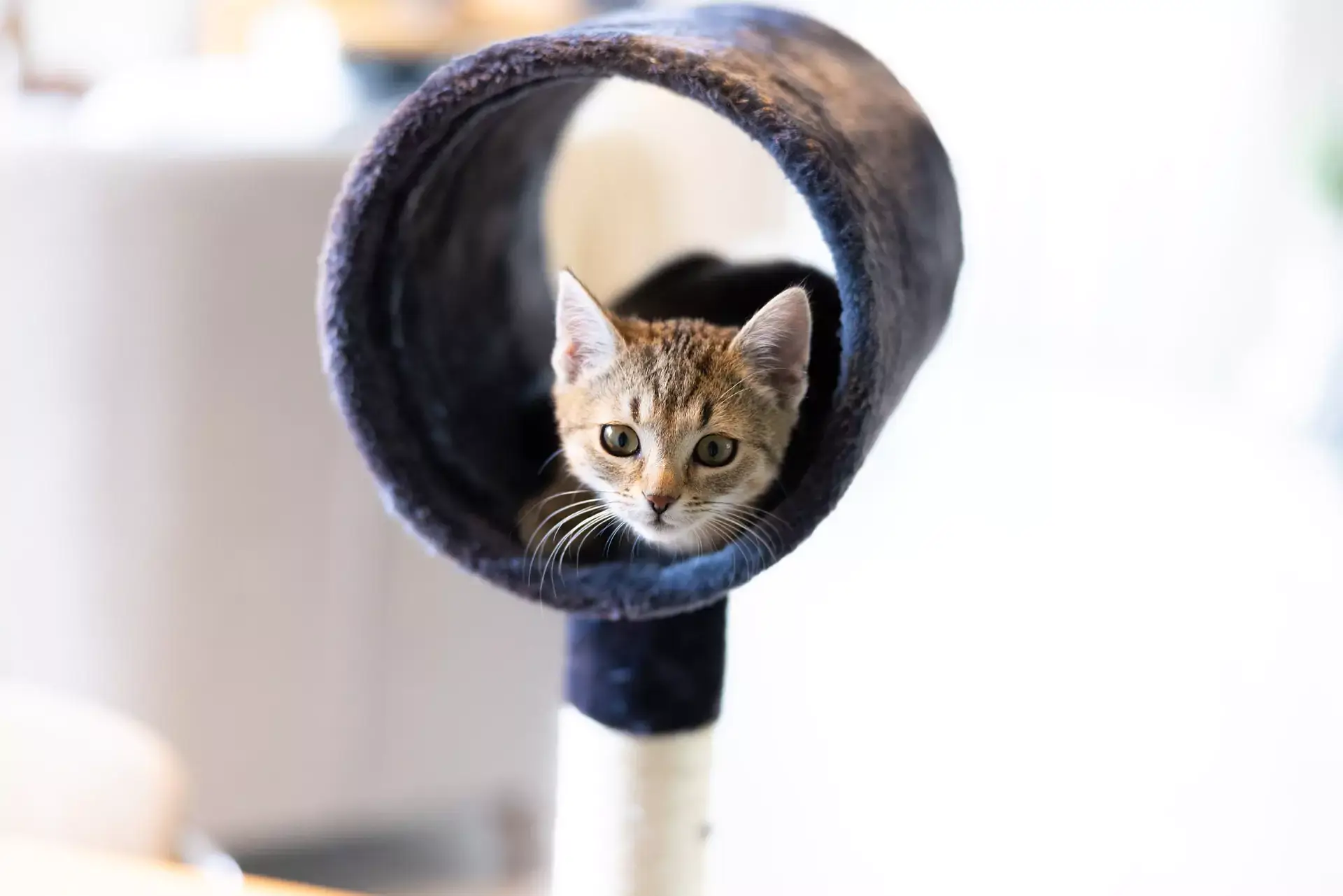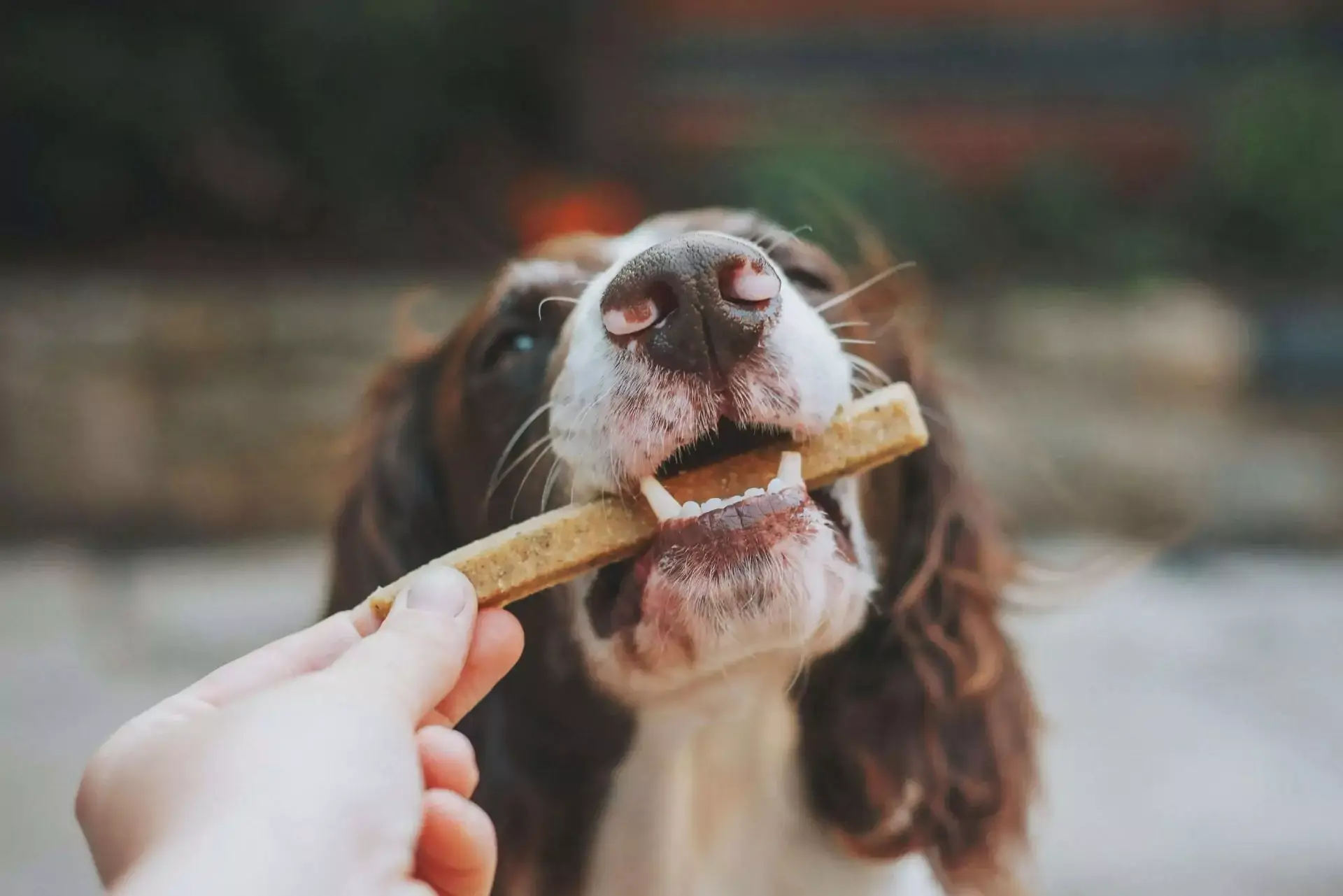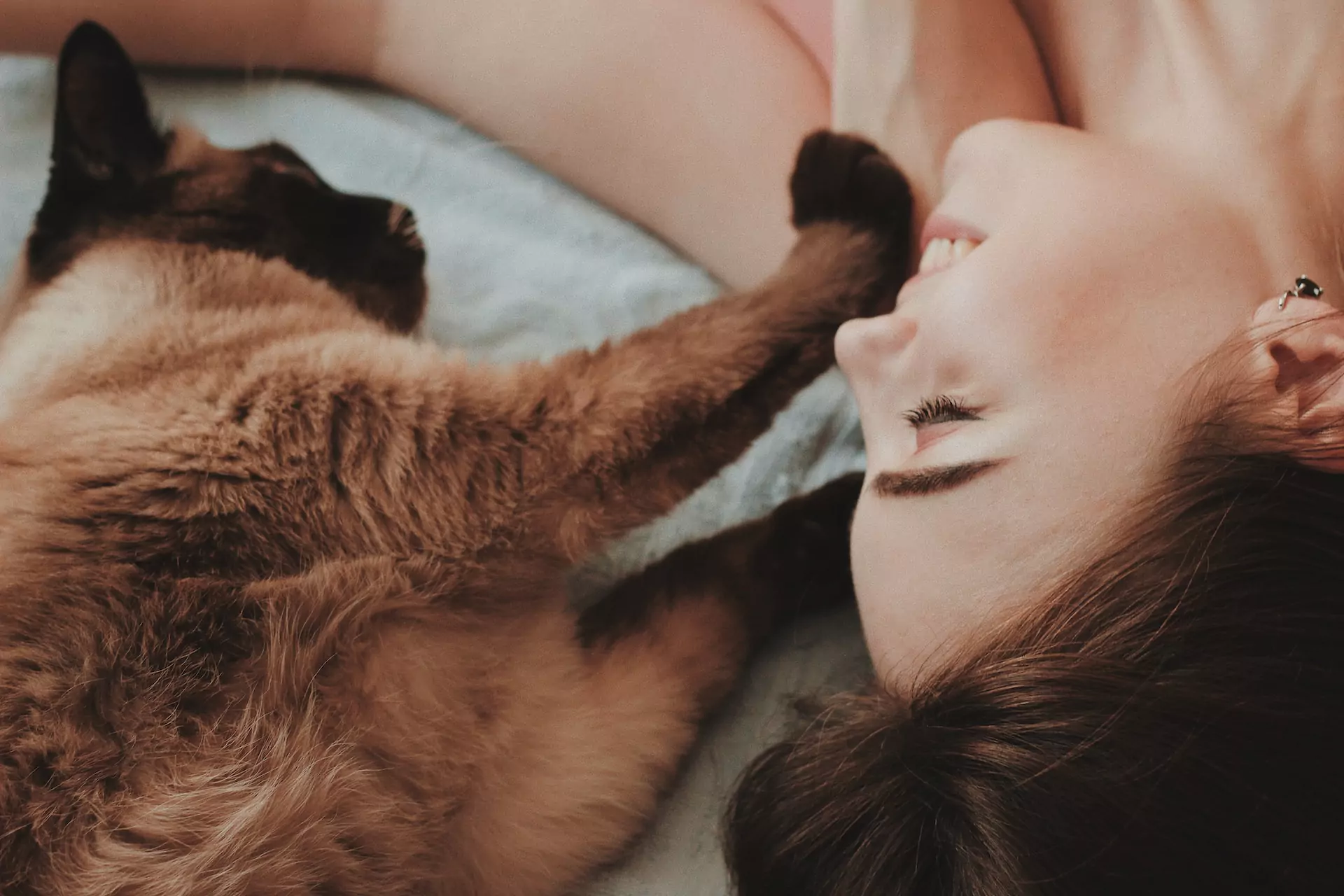Pet ownership can be a beautiful, fulfilling, and often amusing experience. However, there is a great deal of responsibility involved. Remaining vigilant for any signs of illness is very important, as pets cannot communicate with you directly. This article from a local Roanoke, VA vet highlights several warning signs to look out for.
What Kinds Of Things Might Mean That A Pet Needs To See A Vet?
It’s important to remember that our beloved pets rely on us to take care of their healthcare needs. Pets are susceptible to many of the same types of illness and injury as we are, but they can’t make appointments or drive themselves to the clinic.
Here are some of the major things to look for:
Shortness Of Breath
Fido may pant after a playful session of Tag, Fetch, or Catch That Squirrel: that’s completely normal. Our Canine pals pant to regulate their body temperature in hot weather. However, if you can’t really tell why your furry friend is panting, or if your dog is panting excessively, there might be a cause for concern.
Other indications that something may be amiss include shallow breathing, wheezing, gasping, and coughing.
Unsteadiness
Staggering and stumbling can be a sign of significant medical concerns. A wide range of potential health issues can cause this, ranging from severe allergic reactions to neurological problems and everything in between. If your pet is staggering or stumbling, it requires emergency veterinary care.
Vomiting/Diarrhea
Pets sometimes experience upset stomachs, which is quite common. It’s common knowledge that cats are also susceptible to hairballs. Occasional vomiting or diarrhea episodes in pets are uncommon and usually not cause for concern. However, if your furry pal is experiencing persistent, forceful, or frequent vomiting or diarrhea, it may indicate an underlying issue. More Indications of trouble include bloody or frothy vomit.
Weight Fluctuations
Maintaining a healthy weight is important to pets’ overall well-being, just as it is with ours. Of course, you won’t have to wonder why Fido is gaining weight if you discover that every family member has been giving the dog snacks all day. However, if you aren’t sure why your pet has suddenly gained or lost weight, contact your veterinarian for assistance. This may not necessitate a trip to the pet emergency clinic, but it definitely should be looked into.
Changes in Behavior
This is a major one, although it varies depending on the pet. Watch for uncharacteristic changes that may indicate potential medical problems.
Here are a few examples:
- A pet that goes from being vocal to becoming quite
- Withdrawal, particularly in amiable pets
- Unexpected irritability
- Pets that are shy or distant suddenly becoming clingy and seeking attention
- Changes in the sound of your pet’s vocalizations
- A calm and peaceful pet that unexpectedly becomes quite vocal
Messy Fur (Cats)
If you’re not feeling your best, it’s likely that your usual beauty or self-care routine might take a backseat. Indeed, the same holds true for kitties. Fluffy always makes sure that her fur is soft and clean.. However, if she’s not feeling well, she may not be up to it. Her fur will quickly lose its luster and become disheveled.
(Note: this is not necessarily a cause for concern when it comes to older cats. Elderly cats often appear somewhat unkempt. That’s because it can be more challenging for them to bend and stretch sufficiently to groom themselves. If your feline friend is in her golden years, you might need to assist her by brushing her daily.)
Reduced Interest in Playing
Pets are incredibly entertaining to have around, largely due to their playful nature. However, if your furry companion is feeling under the weather, they may not show much enthusiasm for their usual toys or activities.
Lack Of Energy
It appears that some of our patients have made lethargy their life goal. That being said, even pets who tend to be less active should still remain attentive and aware of their surroundings. For example, they should be excited about mealtimes and playtimes. If your pet appears to lack energy, there may be an underlying issue.
Loss of Interest in Food
It’s always a cause for concern when an animal refuses to eat. While there are a few exceptions, such as a reptile that is about to shed, healthy animals generally have a healthy appetite. (In reality, this is quite an understatement: a number of our patients tend to devour anything within paws’ reach.)
A word about our feline overlords: While cats might be finicky, a picky kitty will most likely meow to want something else. If a kitty shows no interest in food, it could indicate illness.
Excessive Thirst
It’s completely natural for Fido and Fluffy to drink more water than usual in hot weather or after engaging in vigorous play sessions. However, if your pet consistently displays signs of excessive thirst, there may be an underlying issue to consider.
Restlessness
It’s important to know the difference between uneasiness and zoomies. Our furry companions can be quite energetic. That’s why they are so fun! What you should be watching for is an indication of malaise. An example would be if your dog repeatedly gets up and down as if he cannot find a comfortable spot. Pacing can also be a red flag.
How Can I Tell If My Pet Needs Medical Help Right Away?
Not all health concerns in pets necessitate immediate attention. Although some minor issues should be addressed, it’s important to note that not all concerns require a visit to the emergency room. Many can be addressed through scheduled appointments. That would cover issues such as torn toenails, tartar buildup on teeth, minor scratches, and skin irritation.
Certain indicators would always require immediate veterinary care for your pet.
That list includes fever, seizures, bleeding, swollen abdomen, inability to urinate or defecate, bloody diarrhea, eye injury, known or suspected poison ingestion, choking, lameness, inability to walk, unconsciousness, shortness of breath, broken bones, severe limp, vomiting, diarrhea, dilated pupils, obvious pain, unable to deliver puppies or kittens, balance trouble, sudden blindness, fractures, pale/discolored gums, inability to walk, lethargy, known accidents/trauma.
If you see any of these warning signs, or suspect that your pet has been hurt, your first course of action should be to contact your vet. Some issues can wait until you are able to schedule an appointment. If there is an emergency issue, bring your pet to an urgent care vet as soon as possible.
How Do I Keep My Pet Healthy?
Even the best care can’t completely guarantee that your pet will never get sick. However, it will go a long way towards keeping your animal companion healthy. Taking time to do some research will go a long way. Look into things like nutrition, exercise, behavior and training, and safety concerns. Of course, your Roanoke, VA vet is also a great resource for this. Don’t be afraid to ask questions: that’s why we’re here!
Contact Your Roanoke, VA Animal Emergency Clinic
Are you seeking information about your pet’s health or care? Get in touch with us, your Roanoke, VA animal clinic, today! We are dedicated to offering both top-notch veterinary services and excellent customer care.





